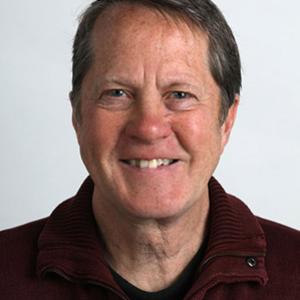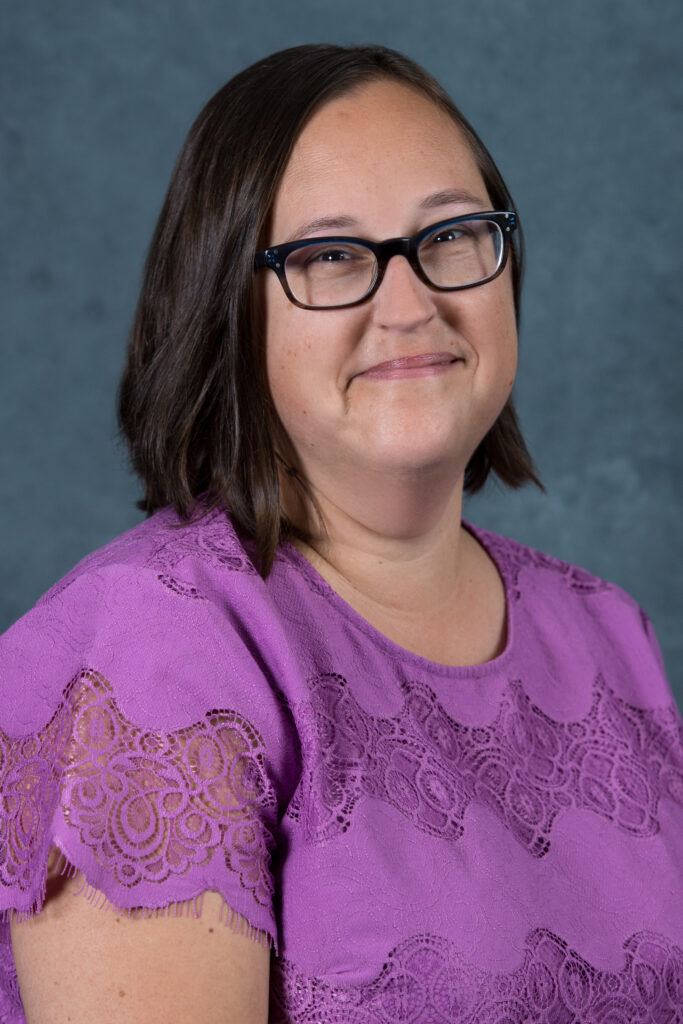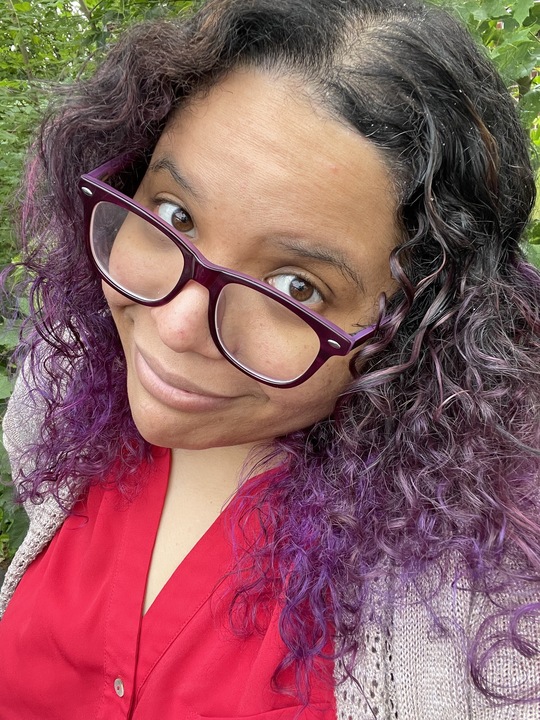As Language Changes, Copy Editing Centers Inclusion
Language is always changing. A word or phrase that was commonplace for centuries may now be understood as insensitive. But many writers and readers aren’t always tuned in to what’s appropriate.
That’s why it’s become so important for copy editors to study etymology, according to senior affiliated faculty member Dave Richwine.
Richwine was an editor and copy desk chief at the Boston Globe from 1985 to 2018. He teaches copy editing at Emerson, and includes a section about Diversity, Equity, and Inclusion (DEI). But for Richwine, DEI starts at home.

“My radar is up because I’ve had a lot of experience in my family with a lot of different issues, including medical, substance use, aging, my wife has Alzheimer’s. I’m an adoptive parent of four children of different races and cultures,” said Richwine.
There are certain terms that were once accepted to describe someone of more than one race or culture. For some people, BIPOC (Black, Indigenous, and people of color) is too vague of a term. Many Asian cultures say they are not part of BIPOC. Emerson’s student organization Amigos continues to discuss preferences of Latina/Latine/Latino/Latinx.
Richwine said his go-to guide is The Diversity Style Guide, which was originally a project of the Center for Integration and Improvement of Journalism based at the Journalism Department of San Francisco State. The guide includes terms and phrases related to race and ethnicity; drugs and alcohol; and physical, mental, and cognitive disabilities.

Nancy Howell, MA ’03 is a senior marketing content strategist for Emerson’s Marketing Department and copy editor of the alumni magazine, Expression. She previously worked as a senior copy editor for 14 years at the College, and as a proofreader for a book publisher.
“Language is so fluid. It’s changing all the time,” said Howell.
For many years, Howell has attended copy editing conferences with sessions on DEI. After attending a conference years ago, she worked with the Social Justice Collaborative, Intercultural Students Affairs, Healing and Advocacy Collective, and Student Accessibility Services to create an inclusive language section for Emerson’s style guide.
“It’s so easy to include or exclude using language. It’s important to have the knowledge and education about what’s offensive and not offensive,” said Howell. “There are so many idioms, so many phrases and terms you don’t know the history of, so you don’t know they’re offensive.”
Howell said one phrase that is outdated is saying you “stand” for something.
“That’s ableist because not everybody can stand. Instead, you say, ‘I support’ or ‘I champion,’” said Howell. “There are so many synonyms … that you can easily find words that don’t other or offend people.”
At Emerson, Howell worked on a subcommittee to identify appropriate DEI language on emerson.edu and Emerson Today with Iris O’Connor, manager of digital services at Web and Digital Services. In her role, O’Connor oversees emerson.edu content development and works with departments to make sure the content is accurate. She also works to further accessibility by making sure the websites are adhering to Emerson’s Digital Accessibility Policy.

O’Connor said she rarely red flags content, and when it occurs, it’s often due to inappropriate phrasing that the person isn’t aware is indecorous. Phrasing associated with violence like “pull the trigger” on a project is part of the common lexicon that people don’t realize is outdated or in flux. O’Connor will work with people to make sure content is appropriate.
At Emerson, terms continue to evolve and change. The College uses “first-year student” instead of “freshman.” Making certain someone’s correct personal pronouns are used is important. Copyeditors also need to be aware that some terms that are widely thought of as inappropriate have been
reclaimed by some people as a point of pride.
“A careful editor would discuss these sensitive words with the writer before publication,” said Richwine.
O’Connor, who identifies as Cuban/Puerto Rican, said she had a hard time when “Latinx” gained popularity, but grew to understand the nuances involved with evolving markers of identity.
“I try to be aware of the discourse around language and how people want to refer to themselves and recognize themselves. It’s such an individual decision that comes down to personal preferences, while maintaining an editorial standard,” said O’Connor. “You don’t want a Wild West with your content [because] you might create confusion among users and readers. But we can always make efforts for inclusion through language — that’s the least we can do.”
DEI Copy Editing Quiz
By Dave Richwine
Read these sentences and ask yourself if they could be improved in any way to remove all hint of bias:
- Snowton is the 70th light-keeper and the first woman to man Boston Light, which was built in 1713, blown up by the British in 1776, and rebuilt in 1783 on Little Brewster Island.
- My friend Paul, who has Lou Gehrig’s disease, has been wheelchair-bound for the past 12 years.
- The teenager, who ran cross-country for his high school team while taking chemotherapy, suffers from a rare form of leukemia.
- Despite the fact that she’s in her 80s, Jones still manages to work an 8-hour day as a counselor to teenagers.
- The city planner gave us a tour of the square-block area that will soon offer lower-cost rental housing within an easy 5-minute walk of the Kenmore Square MBTA stop.
- My cousin is an epileptic who has occasional fits if he doesn’t take his medicine.
- Your friend casually says that they are “really OCD when it comes to Game of Thrones trivia.”
Answers:
- Snowton would manage the lighthouse or be its caretaker, not man it.
- Paul uses the wheelchair as a valuable tool to increase mobility and improve his quality of life; he’s not bound by it.
- The teenager simply has leukemia; he does not suffer from it 24/7 unless he says so. He’s also not “a victim,” unless he says so.
- Ageism can be eliminated by saying: Jones, who is 82, works as a counselor to teenagers. Even the subject’s age could be deleted if it’s not relevant to the article.
- An easy 5-minute walk? Maybe not for everyone; that’s default ableism.
- Your cousin has epilepsy; the condition does not define his persona. (Ditto for alcoholic, diabetic, paraplegic, etc.) He has seizures, not fits.
- Remind your friend that OCD is a serious medical condition that should not be trivialized.
Categories